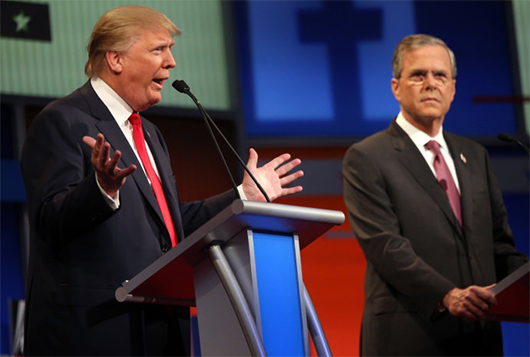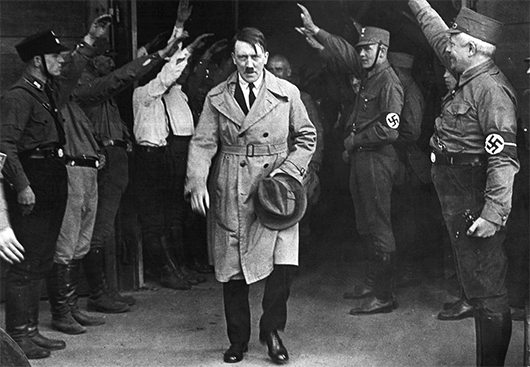
Everyone gets his or her news somewhere, but some sources are more reputable than others. Currently, six corporations control 90 percent of the media. On some of these stations, such as CNN or Fox News, owned by Time Warner and NewsCorp, respectively, there is little to no variety in the political ideologies promoted. However, political podcasts are usually smaller entities that aim to stay independent and provide multiple perspectives. I am an avid listener of several political podcasts and use them for my news. Here are my top 10 political podcasts.
- My History Can Beat Up Your Politics with Bruce Carlson
Coming in at the top of the list is Carlson’s interesting take on cable news’ relentless portrayal of all news as “BREAKING NEWS.” With terrorist attacks, issues of race, war and more, My History Can Beat Up Your Politics shows that most, if not all, issues are rooted in history. The podcast claims the makers “smash and bash the politics of today with a healthy dose of history.” - The United States of Anxiety
The presidential election of 2016 was so polarizing, so different and so unprecedented that many podcasts were dedicated to it entirely, and this is one of them. The United States of Anxiety makes it its duty to provide perspective in a time full of shouting, negativity and closed minds. The podcast brought voices from all sides of every debate, from politicians to people on the streets. While the podcast ended with the close of the presidential election, listening to it now provides a retrospective look into the election to figure out what happened and why. - Politico’s Nerdcast
This is simple, soft and relatively unbiased podcast on the current goings-on in politics by one of the most well-respected publications there is. Politico’s Nerdcast is hosted by individuals who would sit up on a Friday night and dissect political polls. They are heavily invested in politics and geek out about it just for you. - Crooked Media’s Pod Save The World
American foreign policy is important to The Borgen Project. We need to know all about it, we need to follow it and we fight for the improvement of it. For those who want to follow something that focuses entirely on foreign policy, Crooked Media’s Pod Save The World is just for you. It’s an honest and brash commentary on and analysis of everything foreign policy. - Common Sense with Dan Carlin
A frustrated, critical, cynical, sharp man is Dan Carlin, and his podcast follows suit. If you find yourself annoyed by the mass media relays, Carlin’s Common Sense may be an oddly pleasant choice for you. A self-anointed “Martian” to politics, Carlin’s independent viewpoint is never lacking. He is unabashedly honest. - Slate’s Political Gabfest
If you want professionals who have been living politics their whole life to tell you what is going on, Slate’s Political Gabfest is where you need to look. With legendary names like David Plotz, Emily Bazelon and John Dickerson, the podcast has its resumé ready to go. - KCRW’s Left, Right, and Center
At fourth on my top 10 political podcasts list, KCRW’s Left, Right, and Center is what I always look for: biased but fair commentary and analysis. As the podcast name suggests, it has three hosts, all self-proclaimed to be in one area of the political spectrum, and they tackle the week’s events. It’s arguably one of the best podcasts to listen to if you want reasonable perspectives from any side. - NPR Political
While I’m all for perspectives, sometimes I need simple, unbiased reporting. NPR Political is just that. The shows can even be around 10 minutes of just reports from the week. If you’re stuck in traffic and need a quick update, this show is for you. - Crooked Media’s Pod Save America
At second on my top 10 political podcasts and started by four people who have more than enough experience in the White House, Crooked Media’s Pod Save America is all for biased opinions. It feels like a real conversation you would be having with your own friends, except these people are more knowledgeable. Pod Save America promises “a no-bullshit conversation about politics.” - Democracy Now!
Democracy Now! is number 1 on my top 10 political podcasts for the sheer reason that it is what I believe corporate mass media should be. Democracy Now! is an unbiased news show that is quick, reports the news of the day, brings pundits who provide their own commentary or debate against other pundits and brings focus to grassroots organizations. From focusing on the Occupy movement to covering events overseas, Democracy Now! never misses a beat. However, the most incredible thing about the podcast is that it is run entirely on viewer donations. It owes no allegiance to any corporation or ideology. The makers are completely unsullied by money, so they can report the truth and only the truth.
– James Hardison
Photo: Flickr
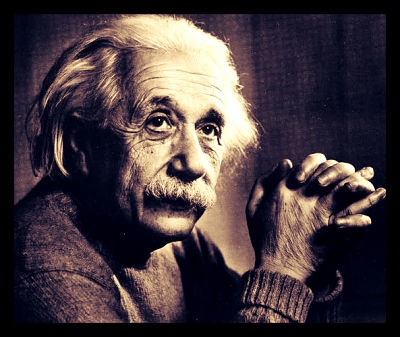
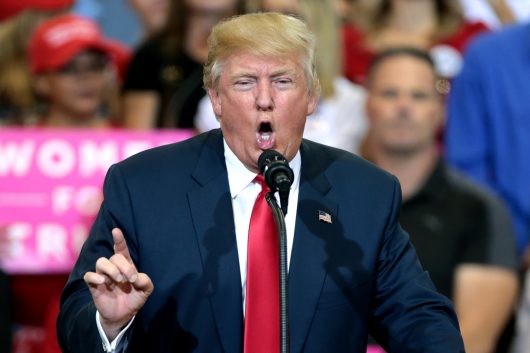
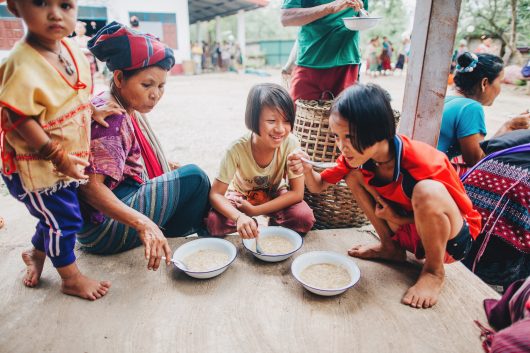
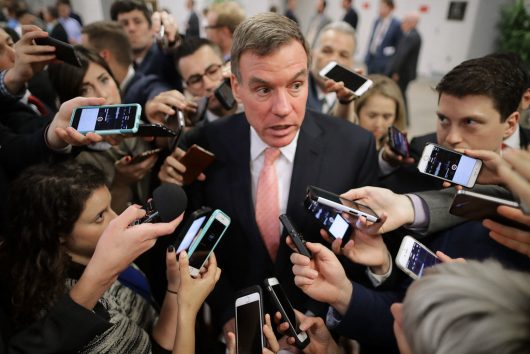
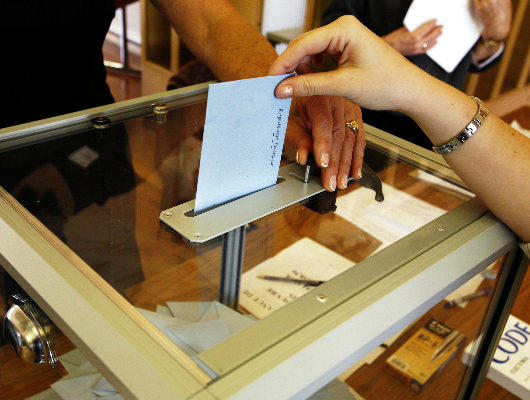
 Saudi Arabia’s municipal elections will be held on December 12 and for the first time, women will be allowed to vote for municipal council leaders.
Saudi Arabia’s municipal elections will be held on December 12 and for the first time, women will be allowed to vote for municipal council leaders.